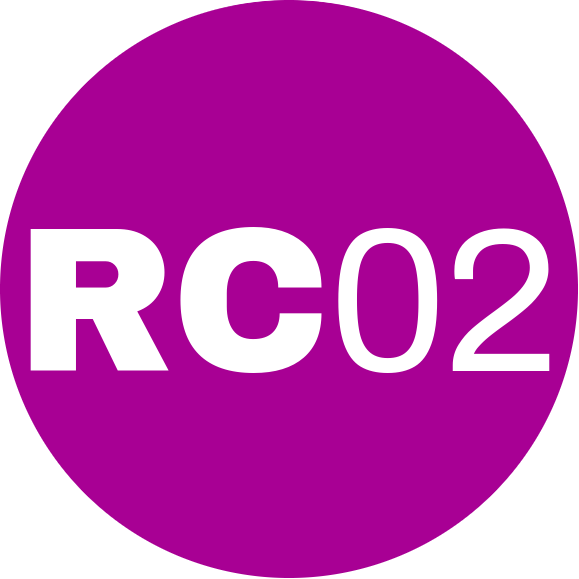The Russian Sociological Review (sociologica.hse.ru/en), an international peer-reviewed academic journal published by the National Research University — Higher School of Economics (www.hse.ru), invites contributions from philosophy, social sciences and cognate fields for the special issue (to be published in 2020) entitled
Social Order and Art Sources of Imagination
Despite the fact that culture, aesthetics, and art were some of the main concerns of early classical sociology (e.g., Simmel’s essays are probably the most popular reference in this regard), later culture has become a matter of interest of a sub-discipline, that of the sociology of culture. Therefore, culture has been considered as a realm of ideas and values. To put it simply, sociology conventionally saw culture and art as mere reflections of social forces that enable its production. The end of the 20th and the beginning of the 21st centuries brought a radical transformation of sociological understanding of culture, and it was Jeffrey Alexander who revived the notion and proposed a new understanding of sociological theory drawn on this notion. According to Alexander, culture should be treated as an autonomous realm being able to act and contribute to the social order. In (re)turning to this understanding, Alexander draws upon a variety of now-classical theories, but mainly on Durkheim’s theory of religion as explicated in The Elementary Forms of Religious Life. Clifford Geertz and his idea of thick description is one of the sources for the renewed cultural sociology. In Art as a Cultural System (1976), he wrote that “to study an art form is to explore a sensibility” and “such a sensibility is essentially a collective formation, and that the foundations of such a formation are as wide as social existence and as deep”. Furthermore, he argued that the relation between art and society should be treated as ideational, not mechanical, meaning that art is a primary document (not a mere representation) since it does not illustrate the dominant ideas (the ideas of dominant class, as Bourdieu would put it). Instead, artworks are conceptions along with other conceptions (including philosophical, sociological, and political).
By suggesting the general topic Social Order and Art Sources of Imagination, we would like to invite scholars to contribute with research papers focusing on how artworks function as primary documents of how social order emerges and is maintained. Following the idea of a theoretical journal which is open to empirical studies (yet with significant contribution to theory), the RSR still maintains an emphasis on general issues of sociology and corresponding disciplines by using the sources of political philosophy, social history, and cultural studies in order to enrich sociological explanations. By introducing the framework inspired by one of the aspects of contemporary cultural sociology, we would like to note that art can be seen as a reflection of society if we define ‘reflection’ as a means for contributing to the understanding of society itself. Therefore, understanding society is also possible via the understanding of specific pieces of art and mass culture that circulate within society. According to cultural sociological methodology, it may provide insights that otherwise would not be possible to gain. Additionally, we welcome contributions dedicated to the construction of social worlds that we often encounter in art and mass culture. In this regard, one more significant theoretical insight may be of use, that of the cultural theory of Adorno, who famously claimed that art tells the truth about society. This idea may bring a clear critical view on how art may contribute to the transformation of social order, and to the establishment of a new social order via constructing (anti)utopias and alternative futures.
June 1, 2020 — 500 words abstracts deadline
See full cfp and schedule: https://sociologica.hse.ru/news/348438708.html

